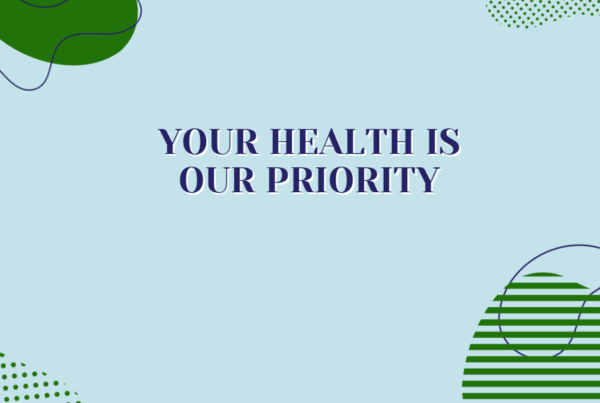Breast Cancer Awareness
Written by: Josephine Power-Anastasiou
According to the NCBI, the most common coping strategies and experiences in women with a primary breast cancer diagnosis are; Religion, active coping, self-distraction, acceptance, positive reframing, denial and planning.
Conclusions from the study indicated that the description of the coping strategies could prove useful in order to identify patients in need of support and counselling. It also demonstrated that addressing physical, psychological and social wellbeing is important in the care of breast care patients.
While breast cancer remains a major public health problem worldwide, the survival rate has increased exponentially mainly due to advances in research and medicine. However many patients suffer from psychological problems like anxiety, fear of the return of cancer, depression and loneliness. Therefore the need for adequate interventions is necessary. Again it is noteworthy that coping strategies can certainly influence treatment outcomes and survival rates.
Although breast cancer is most often found in women, there are also cases of men having breast cancer. While it is quite rare, it nevertheless exists and is something we need to be mindful of. A while back, I met a wonderful elderly man who was having treatment for his breast cancer. What helped him was having someone to talk to. Not necessarily about the cancer but just about normal everyday things. For someone to be there as a support when he was going through his treatment knowing someone cared was what helped him to cope. He felt gratitude for someone taking the time to befriend him, especially a young person who was a stranger to him.
Sometimes we forget that the person still wants to talk about their life and the memories instead of asking about the cancer. You can offer a helping hand up as they struggle to get up from the chair to go in for their treatment. Bake something nice that you’ve found out through your conversation together was their favourite. Take the time to sit with them and let them know that they count, that you care about their wellbeing. Show a genuine interest in the person. There are many practical things you can do but the most important thing is to give hope and have a compassionate approach. This builds resilience and helps the person fight cancer.
Positive support from family, friends and healthcare professionals helps people dealing with the uncertainty felt after diagnosis. Being able to continue life in a normal manner and function well with looking after children, shopping, cooking and getting back to work are what lots of women find most reassuring.
Positive impact of spirituality and religious practice seems to have a reassuring impact on a person’s ability to cope with cancer while also providing relief from mental anxiety as is documented in numerous research efforts in this field.
Having an optimistic perspective and hopeful attitude plays an important role to a person’s overall mental health and cognitive acceptance. There are various ways that can help people cope with the psychological stress when presented with cancer.
- Social support in a group setting
- Training in relaxation, meditation such as mindfulness, or stress management
- Therapy or counselling
- Medications for depression or anxiety
- Exercise
- Healthy eating and juicing
Mindfulness seems to be having a great effect on how patients manage to cope with their cancer. For example, here are five practices that seem to work well:
- Breathing and saying things like “I do my best” while inhaling and “I let go of the rest” while exhaling. You can try this for one minute or so.
- Body scan. Mindfulness teaches you to pay close attention to specific areas of your body and develop an awareness of yourself.
- Morning thoughts. Each day choose 1 strong emotion like fear, worry, disappointment, anger, and then take 10-15 minutes to write down all the thoughts you relate to that emotion. It can help you become more aware of what’s going on in your life.
- Meditation/journaling. If you do both it is a wonderful tool for quietening the mind, thus allowing you to go deeper into reflection. You then know what really matters to you. The ‘RAIN’ acronym developed by Tara Brach is very helpful. Also some ‘Loving Kindness’ meditations are wonderful.
- Mind, body, heart scan. This involves taking in 3 breaths. The first breath you check in with your head: ‘What thoughts are present?’ The second breath, you check in with your body: ‘What emotions are present?’ Finally, the third breath, you check in with your heart: ‘What is important to me right now?’
Finally, to the nurses and staff who devote their time and care to patients while they go through their treatments, a big thanks. In your offering of a reassuring hand or a much needed hug to the relatives, this means so much and cannot be forgotten. It is the whole family system which is being affected and therefore we must ensure that we deal with the cancer in a systemic manner. To provide support for all parties involved is essential as we are all having an impact on each other. Therefore we need to be mindful that all parts of the system need to be supported and do this in a collaborative and compassionate manner physically, psychologically and socially.
The last word from some survivors “Every day is a chance to create a memory and to love a little more.” J. Hooks. “Difficult roads can lead to beautiful destinations.” K. Wynn. “Being positive is the best medicine you can take.” M. Howard. “There’s always hope beyond what you see.” C. Connor.





